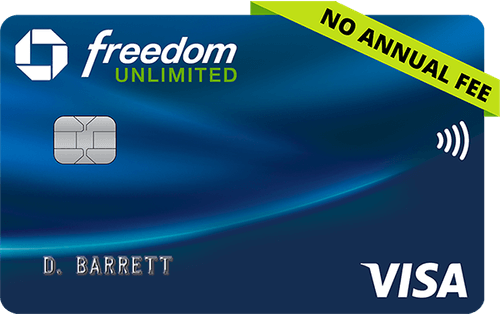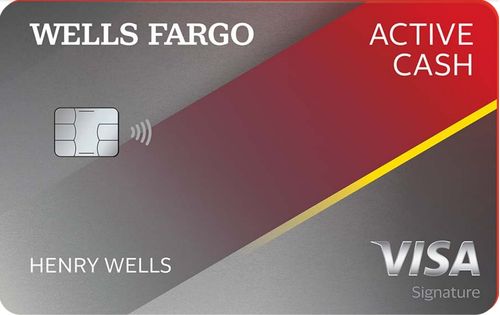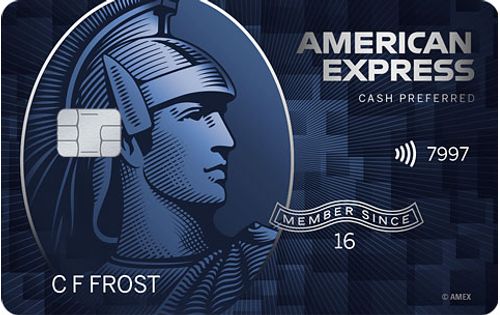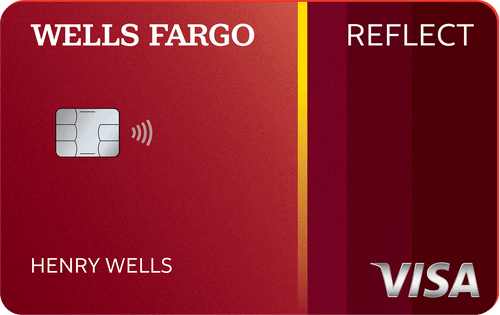Milvionne Chery Copeland, Writer
@milvionne_copeland
It is better to keep unused credit cards open than to cancel them because even unused credit cards with a $0 balance will still report positive information to the credit bureaus each month. It is especially worthwhile to keep an unused credit card open when the account does not have an annual fee.
Still, there are times when it may be beneficial to close your credit cards, such as to avoid expensive annual fees. And if you’re worried about your credit score, you can use WalletHub’s free credit score simulator to see the potential impact closing a credit card will have
Why It Is Better to Keep Unused Credit Cards
Just keeping unused credit cards open helps your credit by maintaining the total amount of credit you have available and preserving the length of your credit history. If you don’t use a credit card, your account will still get reported to the credit bureaus as being in good standing every month, assuming you have a $0 balance. This will continue to add positive information to your credit reports, helping your credit score.
On the other hand, when you close a credit card, especially if it’s one of your oldest credit accounts or one that has a high credit limit, your credit score will likely suffer a bit.
When It Is Better to Cancel Credit Cards
Despite the potential for credit score damage, it is important to remember that there are a few situations when it might be better to close unused credit cards rather than leave them open. If your unused credit card charges an annual fee, for example, and you don’t need your credit score in its best shape for a while, it’s probably best to save the annual fee and close the account.
On the other hand, if you want to cancel your credit card because you are concerned about overspending, try locking it away in a safe place first. If that doesn’t work, it will likely work out better for you and your financial future to close the credit card account, even if your credit score takes a hit.

People also ask
Did we answer your question?
Important Disclosures
Ad Disclosure: Certain offers that appear on this site originate from paying advertisers. For full transparency, here is a list of our current advertisers.
Advertisers compensate WalletHub when you click on a link, or your application is approved, or your account is opened. Advertising impacts how and where offers appear on this site (including, for example, the order in which they appear and their prevalence). At WalletHub we try to present a wide array of offers, but our offers do not represent all financial services companies or products.
Advertising enables WalletHub to provide you proprietary tools, services, and content at no charge. Advertising does not impact WalletHub's editorial content including our best picks, reviews, ratings and opinions. Those are completely independent and not provided, commissioned, or endorsed by any company, as our editors follow a strict editorial policy.



